15 Ng. 100 Đ. Nguyễn Xiển, Thanh Xuân Nam, Thanh Xuân, Hà Nội 100000

Vietnam is a country that dazzles with its rich cultural heritage, stunning landscapes, and vibrant biodiversity. From the misty mountains of the north to the lush rice paddies of the south, Vietnam offers endless opportunities for travelers to explore its natural beauty and unique culture. However, as tourism continues to grow, it’s more important than ever to travel responsibly to preserve Vietnam’s landscapes, wildlife, and traditions. This is where Vietnam responsible travel comes in—an approach that emphasizes sustainability, respect for local cultures, and minimizing environmental impact.
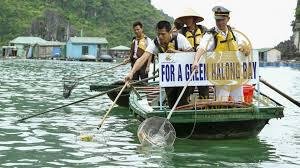
In this comprehensive guide, we will explore what responsible travel in Vietnam is all about, why it matters, and how you can make a positive impact while experiencing the best that Vietnam has to offer. Whether you’re interested in eco-tourism, cultural immersion, or sustainable adventures, this guide will show you how to travel responsibly in Vietnam and support local communities.
Responsible travel is a form of tourism that aims to minimize the negative effects of tourism on the environment, society, and economy, while maximizing the benefits for local communities. It involves making conscious decisions about where, how, and with whom you travel. Vietnam responsible travel emphasizes the following principles:
Sustainability: Choosing travel options that reduce environmental impact, such as staying in eco-friendly accommodations and participating in sustainable activities.
Cultural Respect: Embracing local customs, traditions, and ways of life, while ensuring that your travel doesn’t harm the cultural integrity of the communities you visit.
Supporting Local Economies: Engaging in tourism activities that benefit local people, from choosing locally-owned accommodations to buying from artisan markets and dining in local restaurants.
Conservation: Taking steps to preserve Vietnam’s diverse ecosystems, wildlife, and natural resources through responsible wildlife tourism, conservation efforts, and environmentally-conscious travel.
By embracing responsible travel, you can contribute to the preservation of Vietnam’s beauty, support its local communities, and create a more meaningful and rewarding travel experience. Here are some of the key benefits of Vietnam responsible travel:
Environmental Preservation: Responsible travel helps protect Vietnam’s unique ecosystems, from the lush rainforests of Phong Nha Ke Bang to the vast wetlands of the Mekong Delta.
Cultural Respect: Responsible tourism fosters greater understanding and respect between travelers and local communities, preserving cultural traditions and heritage.
Economic Support: By choosing to support locally owned businesses and staying in eco-friendly accommodations, you help generate income for local communities and promote sustainable economic development.
Positive Impact on Wildlife: Responsible travel practices, like supporting wildlife conservation projects, help protect endangered species such as the Indochinese tiger, white-cheeked gibbon, and Vietnamese langur.
Now that we understand the importance of responsible travel, let’s take a look at some of the best ways to engage in Vietnam responsible travel.
When traveling responsibly in Vietnam, choosing eco-friendly accommodations is one of the best ways to minimize your environmental footprint. Many eco-lodges, boutique hotels, and guesthouses in Vietnam prioritize sustainability by using renewable energy, reducing waste, and supporting local communities.
Eco-Lodges: Stay in eco-lodges nestled in Phong Nha Ke Bang or Cat Ba Island, where you can enjoy a comfortable stay with minimal environmental impact.
Sustainable Hotels: Look for hotels that have green certifications and practices, such as water-saving systems, solar panels, and waste recycling programs.
Golden Trail Travel partners with eco-friendly accommodations throughout Vietnam, providing you with a list of sustainable options for your stay.
Vietnam is home to diverse wildlife, including endangered species like the Indochinese tiger, Asian elephant, and gibbon. Responsible wildlife tourism plays a crucial role in conservation by providing income for conservation programs and ensuring that wildlife habitats are preserved.
Visit National Parks: National parks like Phong Nha Ke Bang, Cuc Phuong, and Cat Ba offer eco-friendly tours that allow you to explore the region’s unique biodiversity without harming it.
Wildlife Conservation: Choose tours that support conservation efforts, such as wildlife sanctuaries and primate rescue centers, where your visit directly contributes to protecting endangered species.
Golden Trail Travel offers eco-tourism tours in Vietnam’s national parks, including wildlife watching tours and visits to conservation centers.
One of the highlights of responsible travel in Vietnam is cultural immersion. Instead of staying in tourist-heavy areas, responsible travelers seek out authentic experiences by visiting rural villages, learning from local artisans, and participating in community-based tourism.
Homestays: Staying with local families in Sapa, Mu Cang Chai, or the Mekong Delta provides insight into traditional lifestyles and offers a sustainable alternative to hotels.
Local Markets and Artisan Shops: Buy handicrafts, textiles, and souvenirs from local artisans, ensuring that your purchases support the local economy.
Cultural Tours: Take tours led by local guides who can provide an authentic understanding of the community’s history, traditions, and way of life.
Golden Trail Travel offers a variety of cultural immersion tours that connect you with local communities and support responsible, ethical tourism practices.
Vietnam is home to many endangered species, and conservation efforts are crucial to preserving these species and their habitats. Participating in responsible travel means supporting initiatives that promote environmental protection, such as reforestation projects, wildlife protection programs, and eco-friendly activities.
Volunteer Opportunities: Many organizations in Vietnam offer volunteer programs that focus on conservation and environmental protection.
Donate to Local Conservation Projects: Contribute to conservation programs that protect Vietnam’s wildlife and ecosystems.
Golden Trail Travel offers eco-friendly tours that contribute directly to conservation efforts, allowing you to make a positive impact during your travels.
Traveling responsibly means choosing modes of transport that have a minimal impact on the environment. In Vietnam, eco-friendly transportation options include bicycles, electric vehicles, and trains. These modes of travel help reduce pollution and provide a more authentic, local experience.
Biking Tours: Many eco-tourism destinations, such as Cat Ba Island and Hoi An, offer guided biking tours that are eco-friendly and allow you to explore the area at a slower pace.
Trains and Trains: For longer journeys, consider taking the train or electric buses, both of which produce lower carbon emissions compared to flying.
One important aspect of responsible travel is making ethical choices when it comes to wildlife tourism. Avoid tours or attractions that exploit animals, such as elephant rides, and instead support wildlife sanctuaries that work to protect and rehabilitate endangered species.
Responsible travel in Vietnam is about minimizing your environmental impact, respecting local cultures, and supporting sustainable tourism practices that benefit local communities and protect the country’s ecosystems.
The best eco-tourism destinations in Vietnam include Phong Nha Ke Bang National Park, Cuc Phuong National Park, Cat Ba National Park, Sapa, and the Mekong Delta.
You can support local communities by staying in locally-owned accommodations, participating in community-based tourism, buying from local artisans, and choosing eco-friendly tour operators like Golden Trail Travel.
Yes, there are various volunteer programs in Vietnam focused on conservation, wildlife protection, and sustainable development. Look for organizations that partner with local communities and environmental groups.
Yes, Golden Trail Travel offers eco-friendly tours to some of the best destinations in Vietnam, such as Phong Nha Ke Bang, Cat Ba National Park, and the Mekong Delta, where you can enjoy nature while supporting sustainability.
Sophie L.: “The Phong Nha Ke Bang eco-tour was amazing! Our guide was knowledgeable, and we got to experience the beauty of the caves and forests without impacting the environment. I highly recommend Golden Trail Travel!”
James T.: “We visited the Mekong Delta on an eco-tour, and it was a fantastic experience. The boat ride through the canals was peaceful, and we learned so much about sustainable farming and local culture. A must-do when in Vietnam!”
Lena H.: “Our Sapa homestay tour was unforgettable. We stayed with a local family, trekked through the rice paddies, and learned about the H'mong culture. It felt like we were truly immersed in the community, and everything was done sustainably.”
Vietnam is a land of breathtaking beauty and cultural richness, and by embracing responsible travel, you can help preserve its natural wonders for generations to come. From sustainable eco-tours in Phong Nha Ke Bang to cultural immersion in Sapa, there’s no shortage of opportunities to explore Vietnam’s landscapes in an eco-friendly way.
Book your next responsible travel adventure with Golden Trail Travel and experience the best of Vietnam’s nature, culture, and sustainability. Visit Golden Trail Travel to learn more and book your eco-tour today!
.jpg)


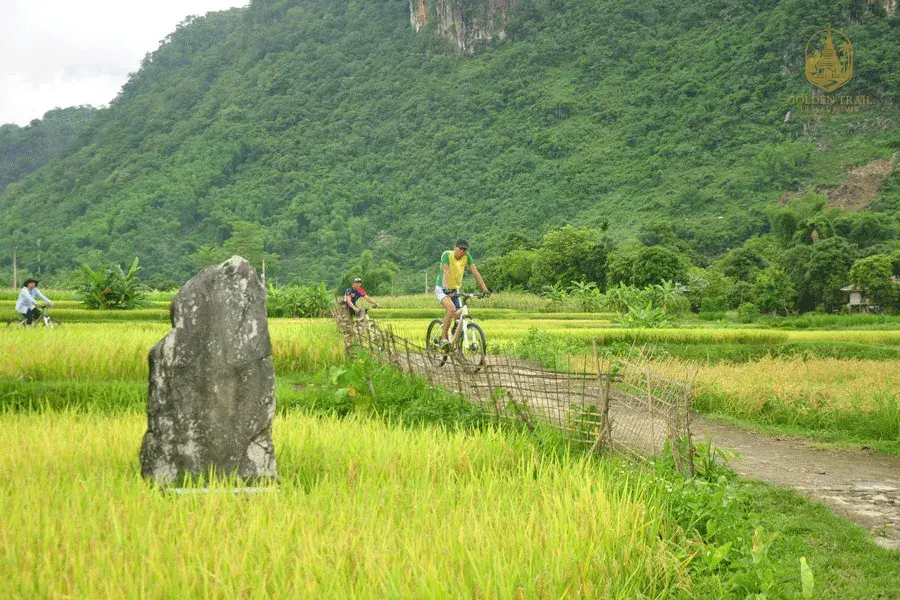

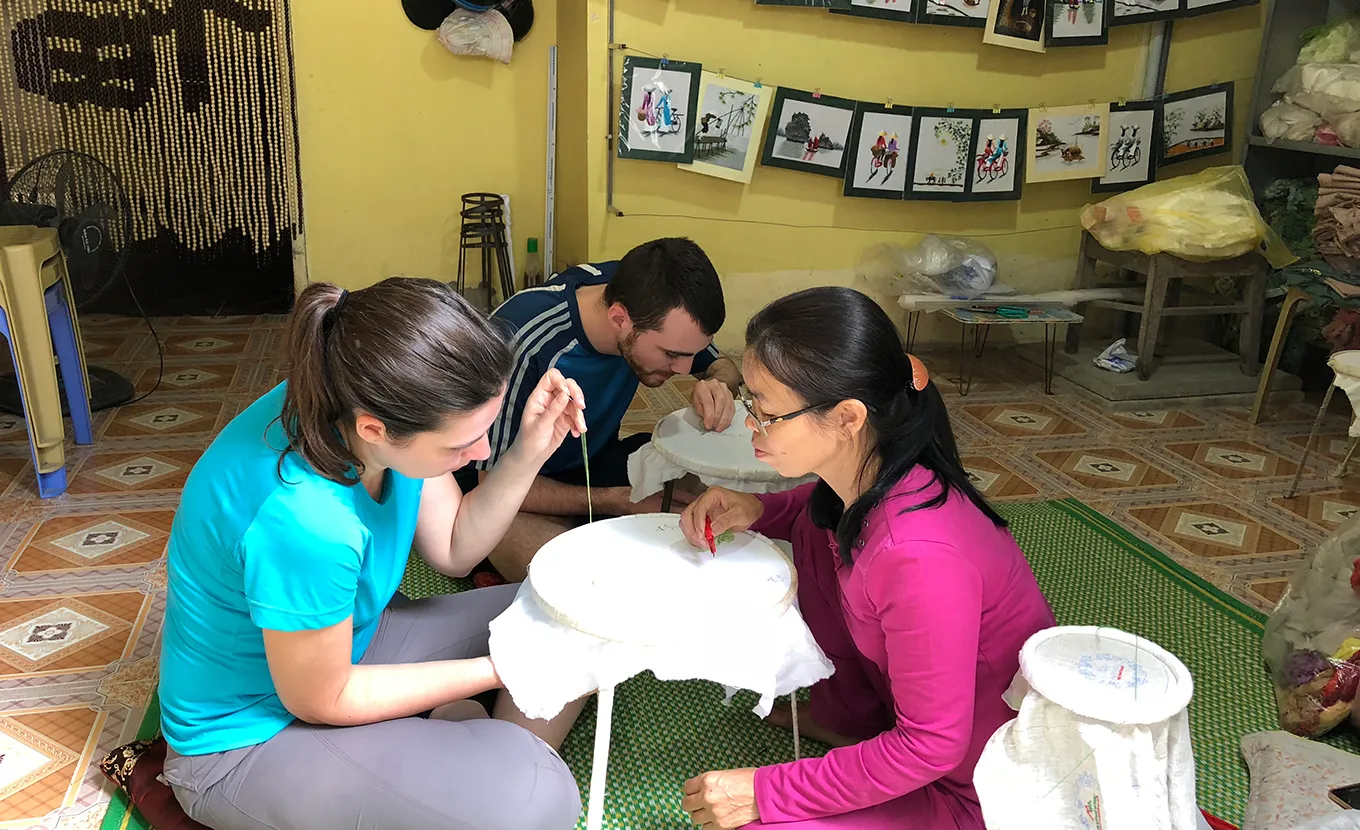
View more
10 Photos
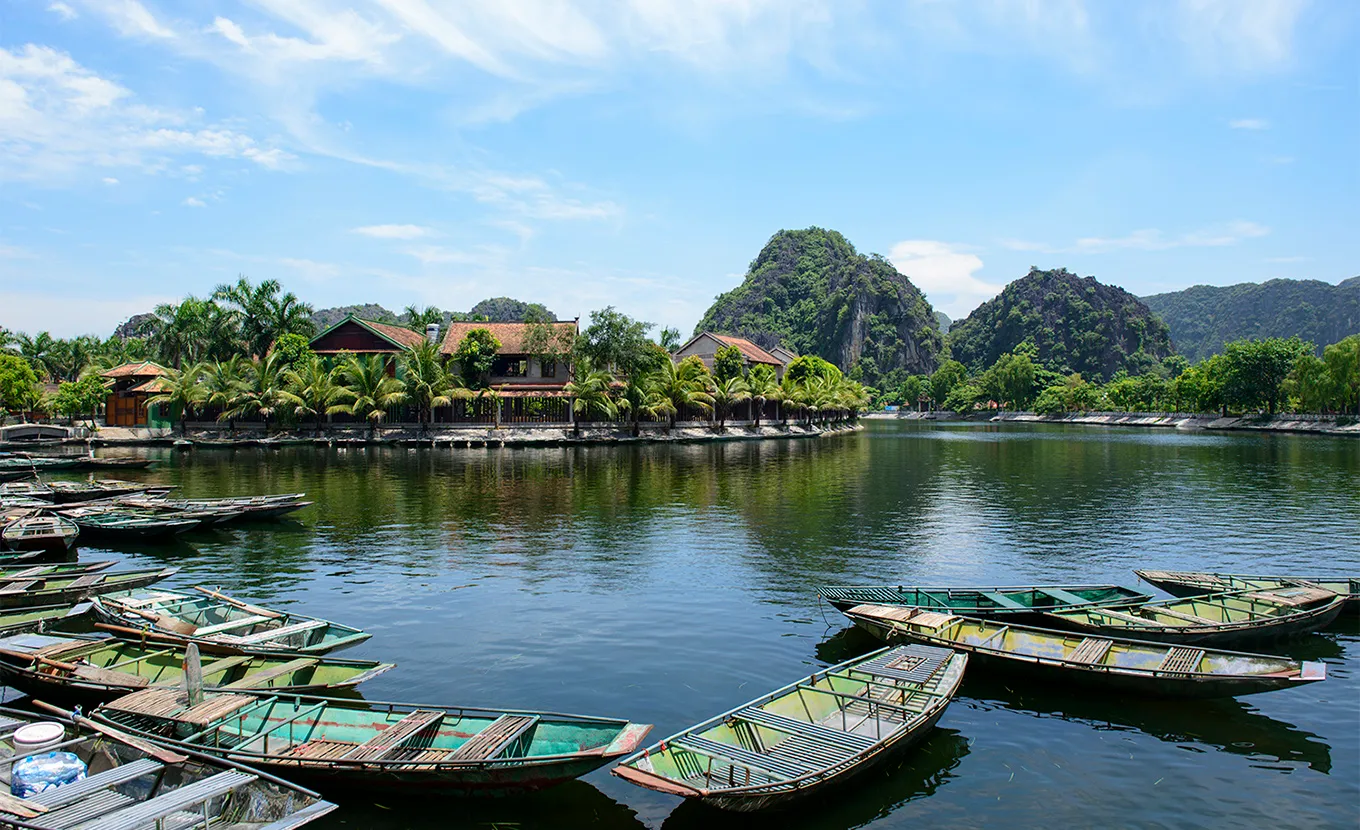
View more
13 Photos

View more
11 Photos

View more
12 Photos
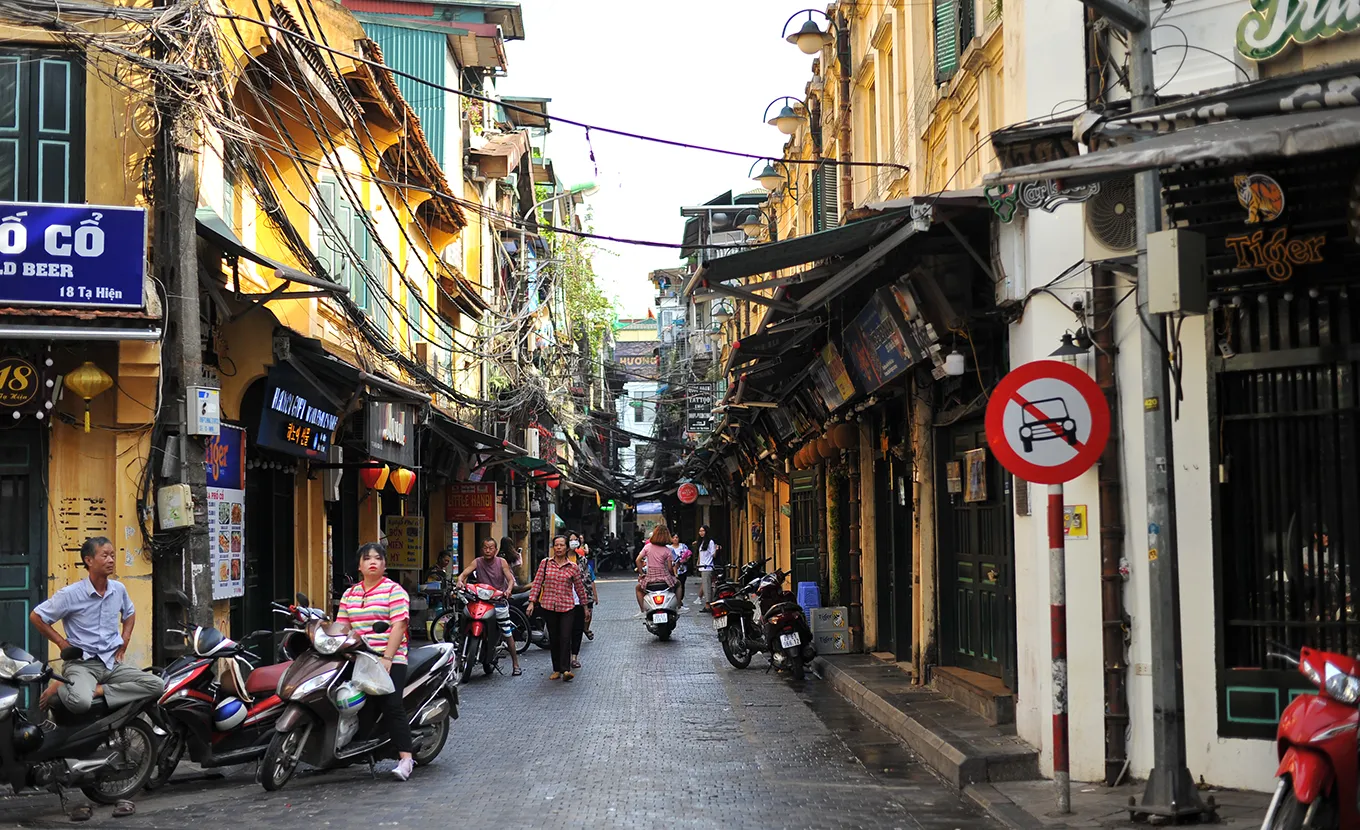
View more
12 Photos

View more
10 Photos
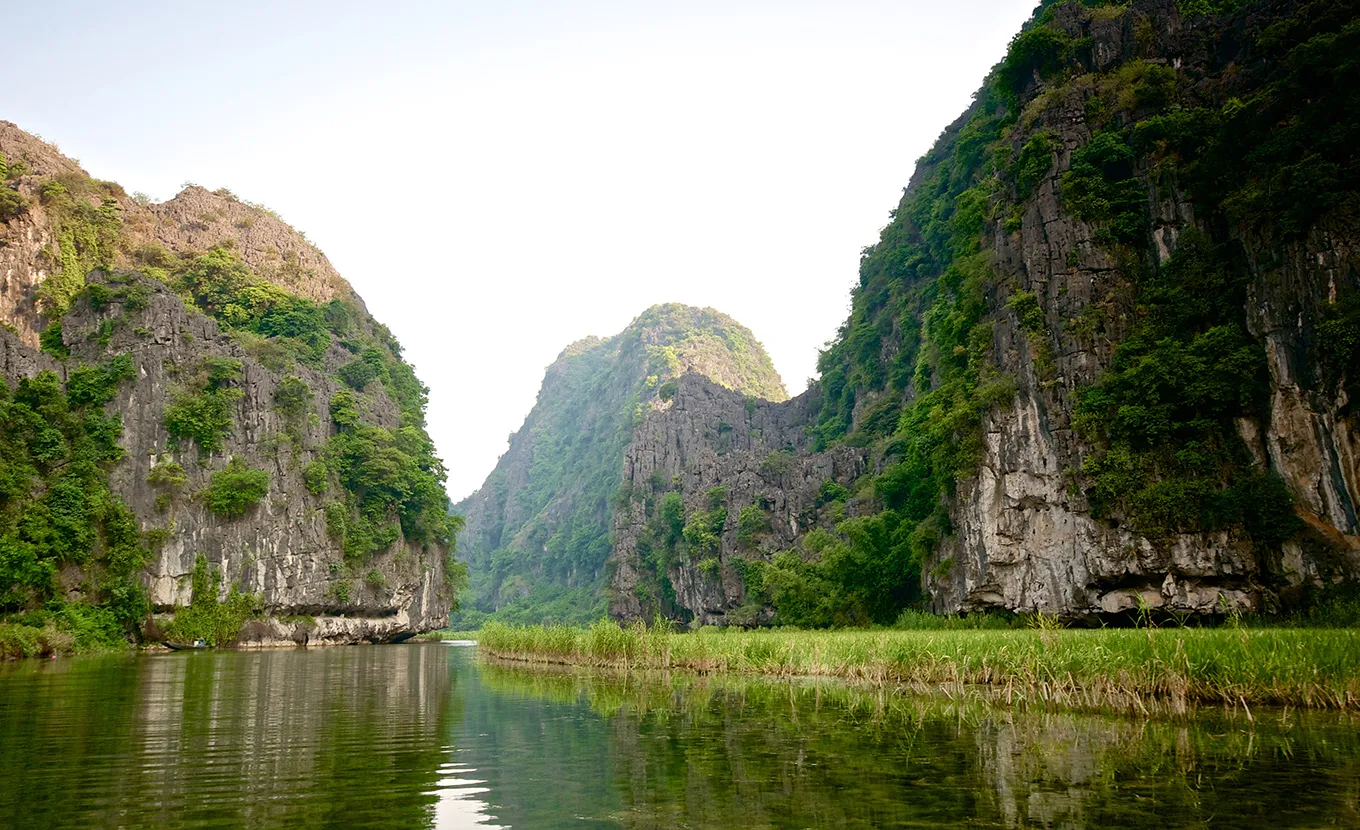
View more
10 Photos
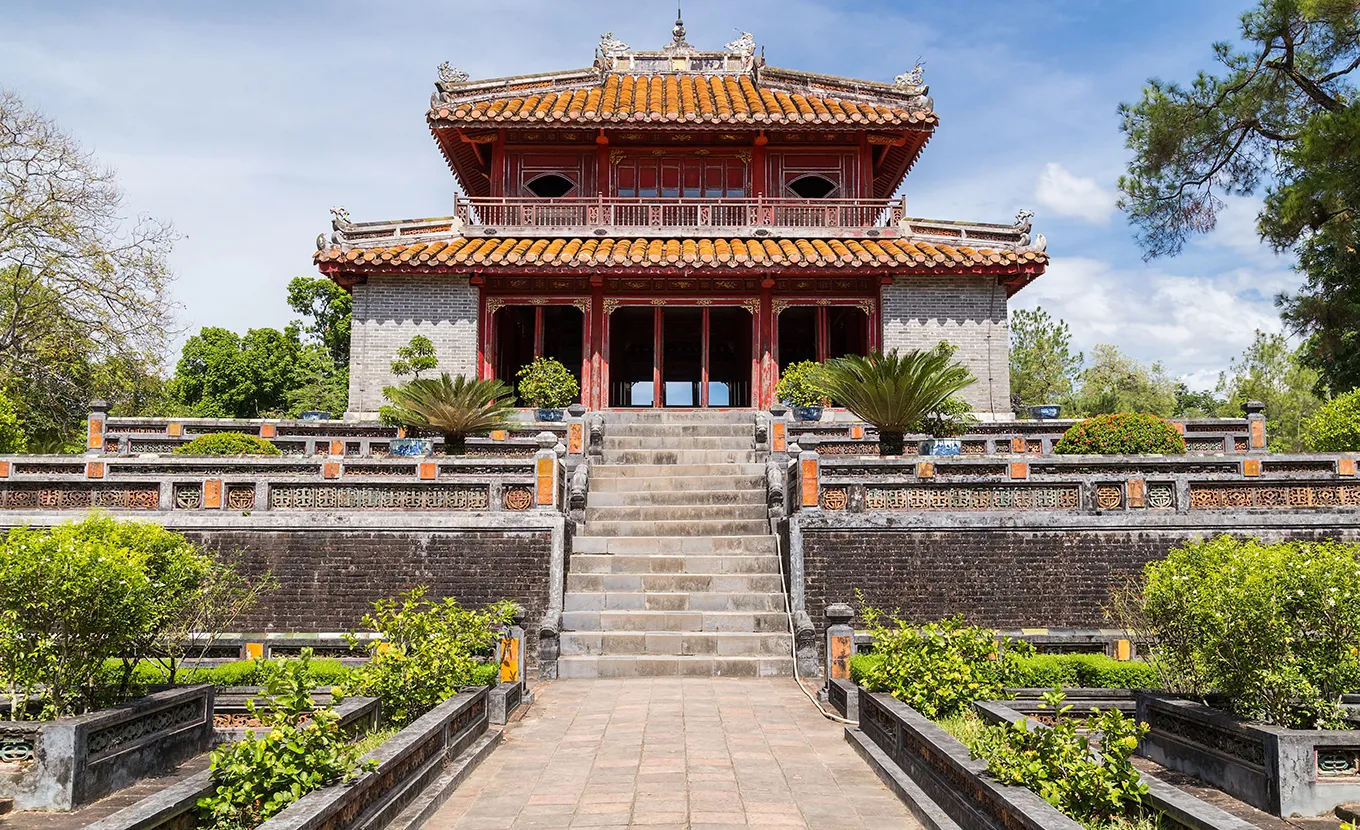
View more
11 Photos
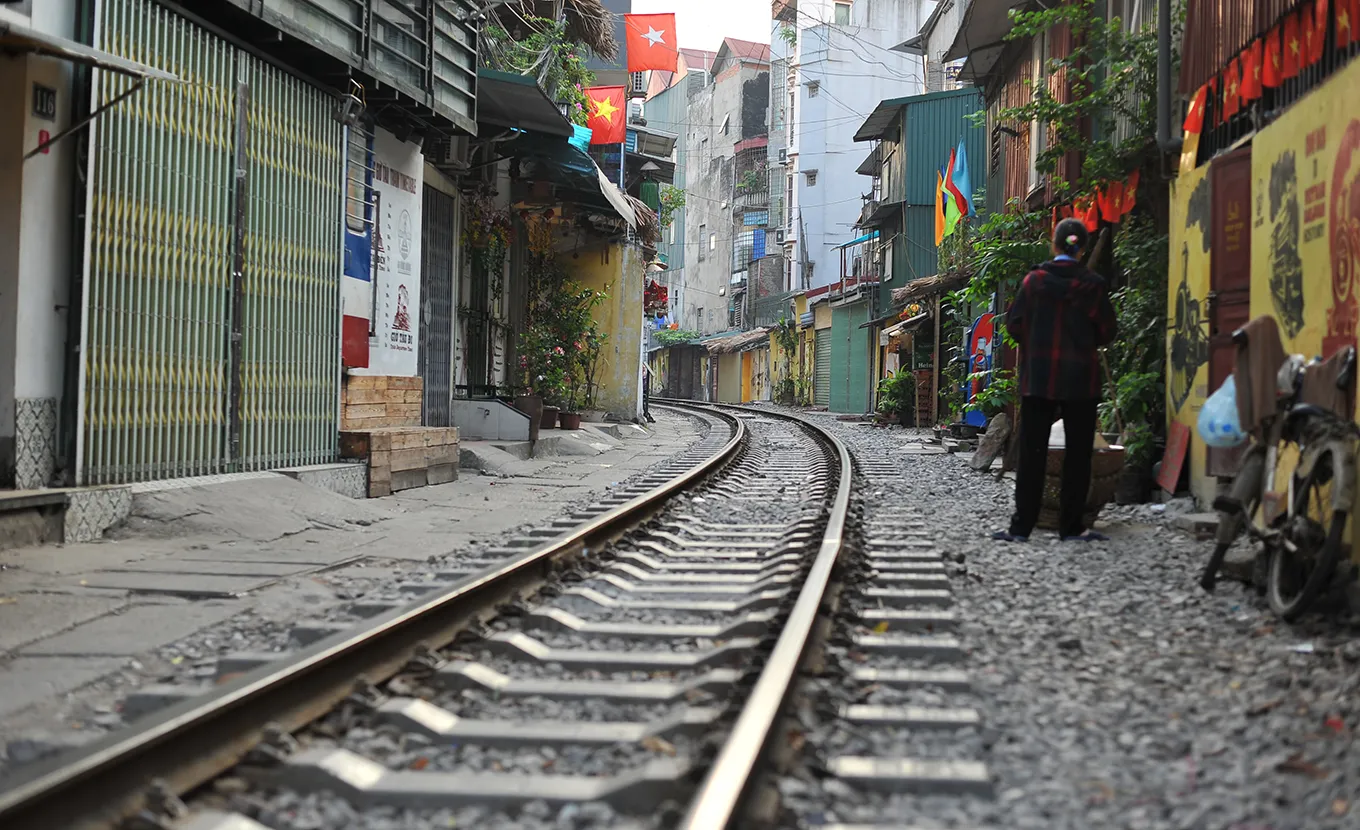
View more
12 Photos
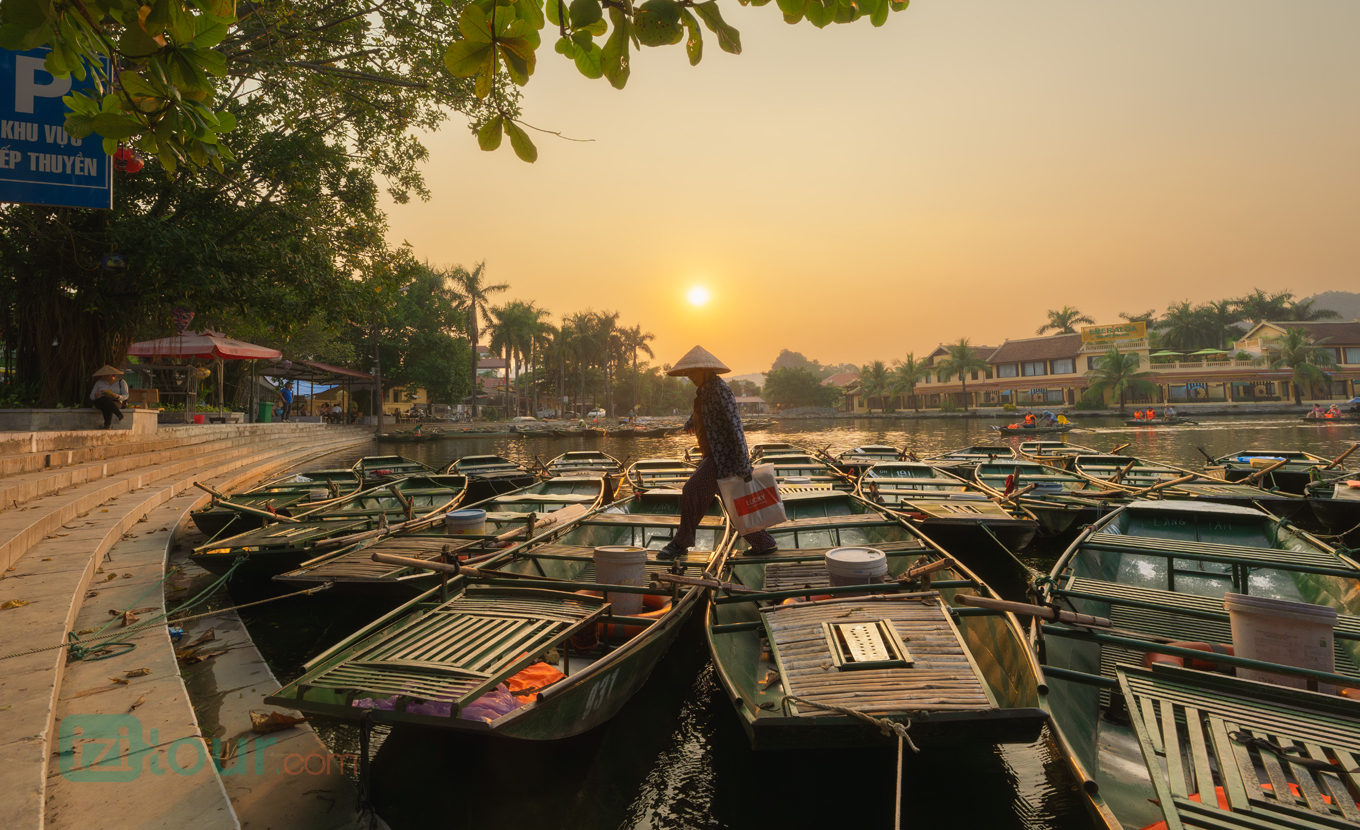
View more
11 Photos